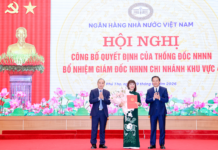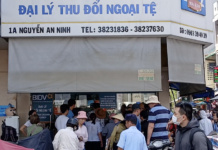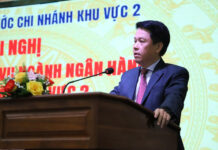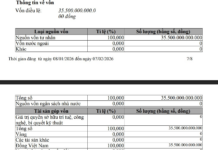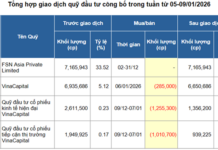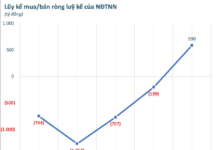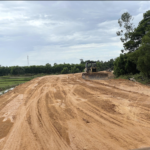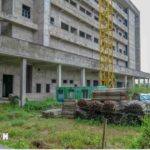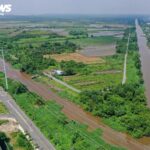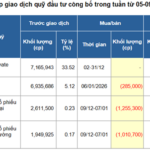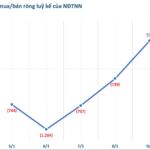On the morning of November 18th, during a plenary session discussing the amended Public Debt Management Law, many delegates expressed significant concerns about the prolonged procedures for securing ODA loans. These delays often lead to project setbacks, cost overruns, and various adverse consequences.
Why Do ODA Projects Frequently Face Delays?
Addressing this issue, Delegate Tran Anh Tuan (Ho Chi Minh City) highlighted that many ODA loans currently involve lengthy negotiation and approval processes. Vietnam must adhere to both the donor’s requirements and domestic public investment regulations. When project adjustments are needed, the approval process—subject to both the Public Investment Law and donor stipulations—significantly extends the timeline.
According to Mr. Tuan, ODA projects consistently exhibit lower disbursement rates compared to those funded by the state budget. Prolonged projects or those requiring multiple adjustments incur additional costs, including commitment fees, management fees, and fixed or floating interest rates, straining the national budget.
“Many projects have actual capital costs far exceeding initial estimates. Therefore, I urge a reevaluation of investment procedures for ODA projects,” Mr. Tuan emphasized.
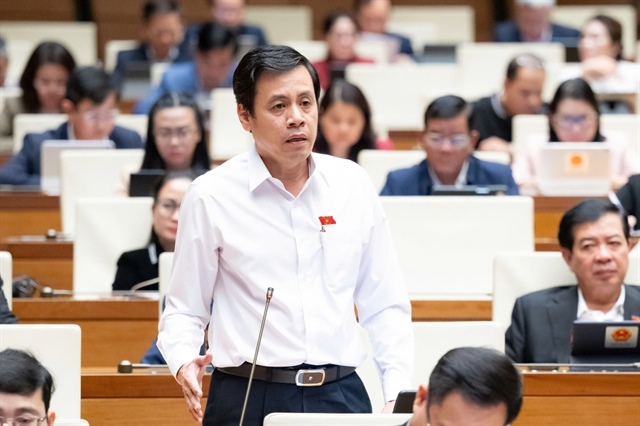 Delegate Tran Anh Tuan (Ho Chi Minh City). Photo: QH |
The delegate suggested classifying ODA projects as a distinct category with tailored mechanisms, exempting them from full compliance with the Public Investment Law. Integrating donor requirements into the initial investment dossier could prevent redundant processes. Additionally, streamlining and synchronizing ODA project adjustment procedures, particularly for technical and timeline modifications, is essential.
Regarding ODA project negotiations, Mr. Tuan proposed authorizing local governments, who best understand project bottlenecks and delays, to directly negotiate with donors.
“This approach would expedite necessary adjustments, eliminating the need for multiple approvals from the Ministry of Finance and other authorities,” he suggested.
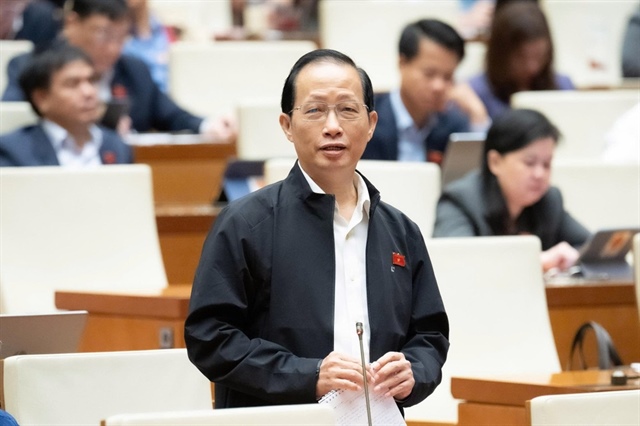 Delegate Nguyen Truc Son (Vinh Long). Photo: QH |
Echoing this sentiment, Delegate Nguyen Truc Son (Vinh Long) noted, “Article 29 of the draft law outlines a procedure for ODA capital that is nearly double the length of the state budget capital process. I recommend a thorough review to streamline this.”
He illustrated that typical public investment projects require only an investment policy and decision. In contrast, ODA projects must undergo loan proposals, investment policies, decisions, negotiations, and agreement signings—a process spanning multiple years.
He acknowledged that the Ministry of Finance and central agencies have supported Mekong Delta provinces in accessing capital. However, many projects remain in the “problem-identification” phase as the term nears its end. He urged careful consideration and harmonization of procedures, especially when negotiating with bilateral or multilateral organizations.
ODA Disbursement Time Reduced by 12–15 Months
In response, Minister of Finance Nguyen Van Thang explained that the revised Public Debt Management Law decentralizes approval processes for foreign borrowing and repayment plans, aligning with the State Budget Law and Public Investment Law.
The law also adjusts regulations on mobilizing and utilizing government foreign loans to accelerate project implementation, introduces mechanisms to attract new capital sources, and meets the substantial funding demands for double-digit growth.
Furthermore, the law expands ODA and preferential loan access for localities, businesses, public service units, and private enterprises executing projects under the Public Investment Law.
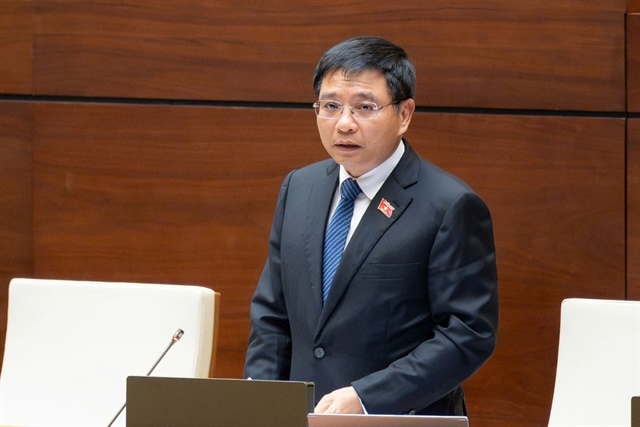
Minister of Finance Nguyen Van Thang. Photo: QH |
Regarding ODA loan timelines, Mr. Thang acknowledged current limitations compared to project schedules. The Prime Minister has directed a comprehensive review of procedures related to ODA negotiations and disbursements.
He cited multiple causes for prolonged disbursement times: complex internal processes involving various ministries, departments, banks, and localities; donor policies misaligned with Vietnam’s realities; and challenges like land clearance, policy discrepancies, and concurrent project implementations.
“During discussions with the World Bank Director, I learned that average ODA disbursement times in other countries range from 12 to 15 months, while Vietnam’s timeline is significantly longer. The Ministry of Finance has initiated adjustments to reduce Vietnam’s ODA disbursement time by 12–15 months—a substantial effort by the Government and Ministry to enhance ODA deployment efficiency,” Mr. Thang stated.
He noted that some localities struggle with disbursement due to limited organizational capacity. “Amending this law, alongside previous revisions to the State Budget and Public Investment Laws, will improve disbursement efficiency, ensure project financial viability, and mitigate public debt risks and budget burdens,” he emphasized.
Regarding delegation of authority to the Prime Minister, Mr. Thang mentioned that legal mechanisms currently hinder full implementation. The Ministry will maximize delegate input to facilitate government loan access and optimize ODA utilization.
REPORTING TEAM
– 10:58 18/11/2025
Year-End Approaches, Yet 14 Projects in Quang Tri Remain at ‘0 VND Disbursed’
By the end of October, Quang Tri had only disbursed 41.24% of the capital plan allocated by the Prime Minister, falling below the national average. More alarmingly, 14 projects across the province remain completely unfunded, with no disbursements made to date.
Inspectorate of Can Tho City Uncovers Series of Violations in Five Delayed Projects Across the Area
The Cần Thơ City Inspectorate has identified numerous limitations and shortcomings in the processes of planning, appraising, and approving detailed construction plans, land allocation, and more. These issues were particularly evident during the implementation of five projects within the city’s jurisdiction.
Revival of the $3.5 Billion Mega-Project in Ho Chi Minh City After 17 Years of Hiatus
The Berjaya International University Township, a sprawling 880-hectare project with a $3.5 billion investment, is set to be revitalized by Ho Chi Minh City after nearly two decades of stagnation.






